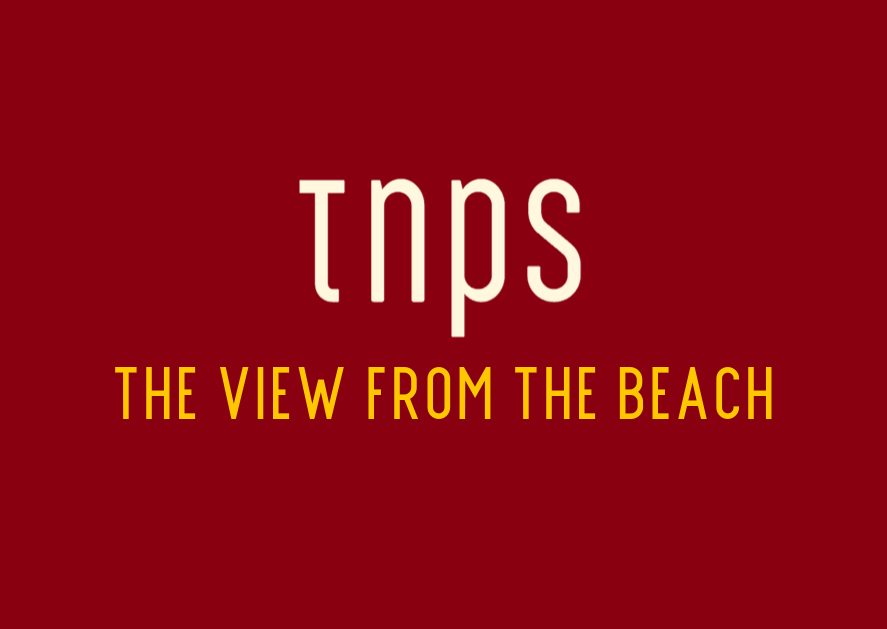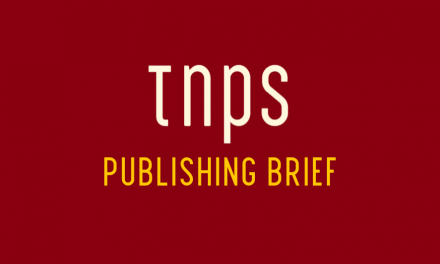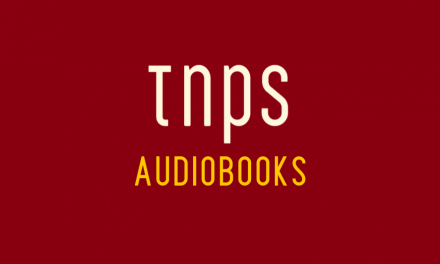Add the 70 million readers on Pratilip, the 49 million for China Literature outside China and the 166 million for Wattpad-Webtoon and – before we even begin to tot up the actual Chinese readers (over 500 million), other Korean platform readers (Kakao, Munpia, Joara) and those on other global online reading platforms (too many to count) – the audience reach that mainstream western publishers is seemingly oblivious to gets very, very serious. And for those that are in the running, very, very lucrative.
Naver-owned Webtoon, the online reading platform now partnered with Wattpad, doesn’t get much attention from mainstream western publishers or the western trade journals. Nor do its many rival online publishing platforms. And on the rare occasion a press release does surface there’s little analysis of what the news might mean for the industry’s future.
Onine reading isn’t real reading, after all. And more than decade after reading on phones was dismissed as a “Japanese fad”, the idea that consumers might actually read – and enjoy reading – online, as opposed to downloading a digital version of a printed book to their phone, is still struggled with.
This year we’ve seen “consolidation” in the online reading market as Wattpad, Tapas and Radish have been hoovered up by giant eastern online reading platforms.
The acquisitions bear interesting comparison with the “big” news in publishing this week – the planned acquisition of Workman by Hachette.
Described as Hachette’s biggest buy-out in eight years, the $240 million said to be changing hand is one of the reason’s the news is making headlines across the trade journals.
Yet $240 million is loose change compared to the $600 million Naver paid to acquire Wattpad,
or the $950 million Kakao paid to buy out Radish and Tapas.
Yes, the Wattpad and Radish/Tapas buyouts made the news briefly on the western publishing circuit, but more as an odd-ball tale equivalent of the TV news item about the fireman-stuck-up-tree-trying-to-rescue-cat story – not so much news as light entertainment to take the edge of the latest trade figures.
This month the trade journals carried brief mention of how DC Comics, the Superman/Wonder Woman/Batman equivalent of Marvel, has partnered with Naver’s Webtoon reading platform to make DC Comics more widely available.
Again it was a cat-up-the-tree story, the true significance of which was lost in the amusement that DC Comics might have to re-work its left-to-right comics layout to the eastern vertical scroll system.
Details have yet to be released, but we know the new productions, which may or may not be just re-workings of existing content.
Per the press release, Webtoon CEO Ken Kim said,
Webtoon is a great bridge to a huge worldwide audience of young comic fans, and DC is home to some of the greatest superhero stories on the planet. The potential to express famous IP through our platform—which is mobile native and focused on ease of access—is super exciting.
Super-exciting indeed, although only DC Comics seems to appreciate that right now, and likely Webtoon’s more than 70 million monthly readers helped the decision.
Webtoon is more usually associated with Manga-style comics, and Manga has been making huge inroads into the North America and other western markets, so all credit to DC Comics for seeing and acting on the opportunity to make this a two-way street.
Expect Marvel and other comics outfits to follow suit soon.
Last week we learned that Vidio, Indonesia’s 60-million subscriber streaming service, had renewed and extended its partnership with Naver’s Wattpad-Webtoon Studios and Screenplay Films to produce more new Original Content for Vidio based on Wattpad content.
A partnership has already seen one series Turn On, break records and be signed for a second season, and five new series are planned drawing on Wattpad stories, with more to follow, doubling the size of the original partnership.
Turn On attracted a viewing audience in Indonesia of 13 million, building on a Wattpad reading count of 17.9 million.
Tina Arwin, Vidio’s Chief Content Officer, said:
We’ve seen the incredible value of working with Wattpad WEBTOON Studios from the moment these projects started streaming, so we’re thrilled to expand our official partnership to adapt the most popular Wattpad stories in Indonesia. Fans across the country have fallen in love with Turn On and Paradise Garden, and for this next slate of projects we’re doing everything bigger and better, for global cinema quality productions and casting from the top talent in Indonesia. We can’t wait to bring more Wattpad adaptations to the millions of fans clamouring for this content.
Some of the projects lined up for screen adaptation have stunning “read” numbers: Daniel and Nicolette has 46 million reads, My Nerd Girl 27.7 million reads and My Ice Girl has 22 million reads.
That’s not to say that many books have been read – a “read” can be a single chapter of segment – but by any measure these stories have been hugely popular on Wattpad, and western publishers might want to think seriously about markets like Indonesia where demand exists at this level. (Something Storytel understand with its imminent launch in Indonesia.)
Western publishers might also want to be taking Wattpad-Webtoon seriously in its own right, with a combined monthly readership of 166 million.
Other players in the online reading field include China Literature and ChineseAll USA (part of COL Digital Publishing Group), of which Crazy Maple Studio has this week announced its push into “gamification” of its UGC (user-generated content).
It’s just one more example of the oriental online reading platforms slowly embedding themselves in the consciousness of western readers while mainstream western publishers complacently sit on their beach sandcastles with their print books, regular ebooks and audiobooks, seemingly unaware the tide is coming in all around them.
Crazy Maple is a variation on Radish and Tapas, offering interactive stories for mobile phones in its Chapters, Kiss, Spotlight and Scream apps, with in-house content and separately a UGC platform.
What makes the Crazy Maple Studios stable of apps newsworthy this month is the Chapters Community’s Chapters Writing Room which entices authors to “gamify” their stories, and has the bold ambition to have 5,000 “narrative game publishers” and 20,000 “narrative games” on site by end 2021.
CEO Joey Jia explained in the press release,
Narrative gaming, like book publishing, has long been controlled by a small collective of publishers, but today with ‘Chapters Writing Room,’ we are empowering the next generation of narrative game storytellers around the globe to tap into their creative multimedia talents to gamify their stories, find an audience and monetise their ideas.
The latest development comes just a month after India’s Pratilipi raised $48 million in funding for its India-based online reading and writing platform.
The primary funder was Krafton, the gaming giant that sees potential for Pratilipi to expand its platform to include games.
Pratilipi boasts 370,000 authors pumping content that reaches an audience of 70 million – more than the entire population of the UK.
Add the 70 million readers on Pratilip, the 49 million for China Literature outside China and the 166 million for Wattpad-Webtoon and – before we even begin to tot up the actual Chinese readers (over 500 million), other Korean platform readers (Kakao, Munpia, Joara) and those on other global online reading platforms (too many to count) – the audience reach that mainstream western publishers is seemingly oblivious to gets very, very serious. And for those that are in the running, very, very lucrative.
Welcome to the invisible parallel world of publishing and its verticals, brought to you by digital.





